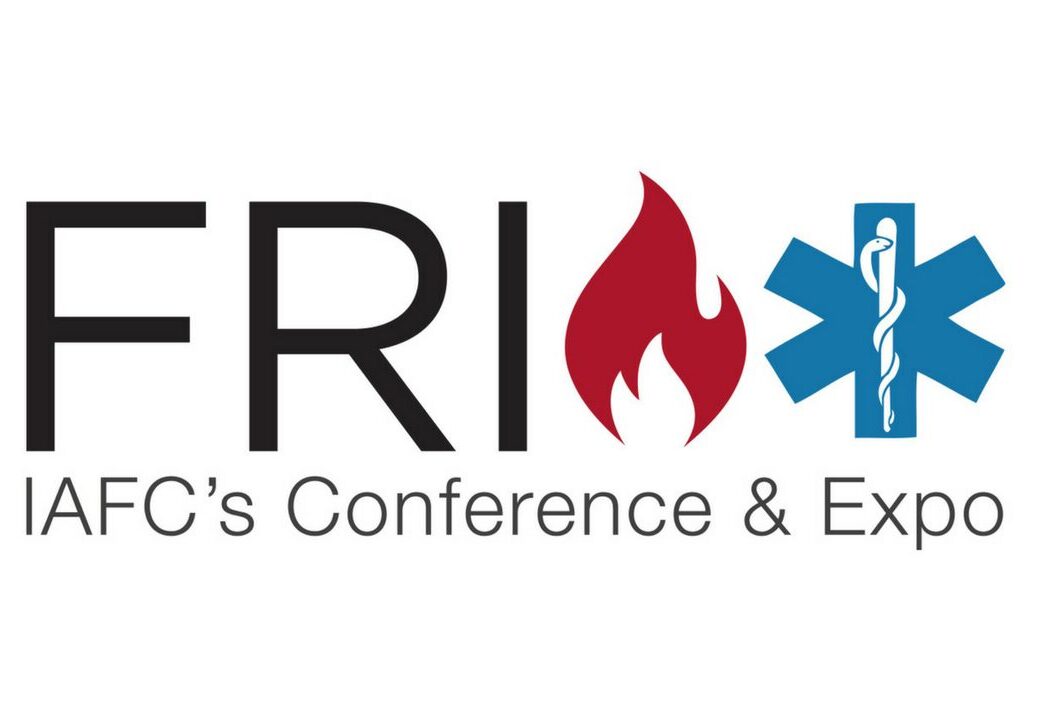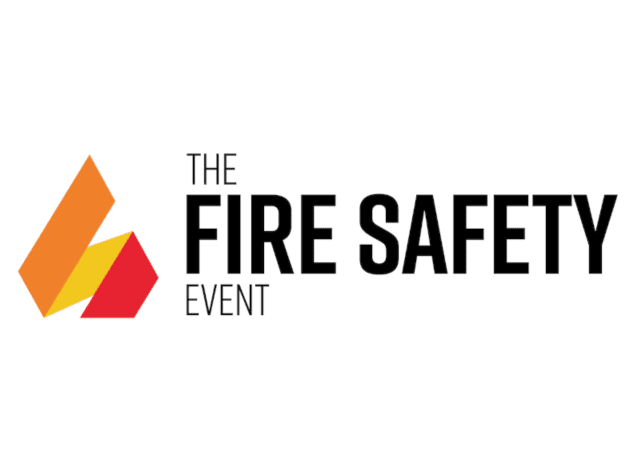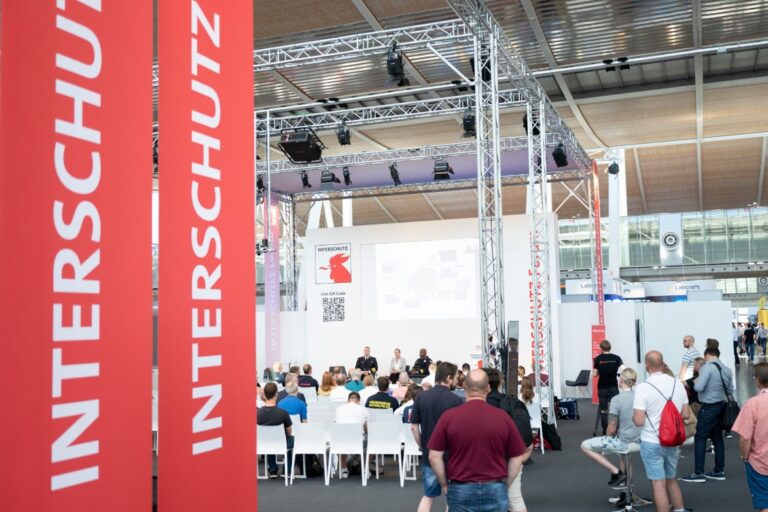Drax Technology, one of the UK’s leading providers of fire alarm monitoring solutions, has launched an updated version of the AMX alarm management platform. AMX 2.17 now supports a wider range of fire control panels and adds many new and innovative feature
enhancements to ensure that the system maintains its leading position in the market.
According to Alex Cother, Sales and Marketing Director for Drax Technology: “AMX 2.17 makes it even easier for organisations to centralise the monitoring and management of diverse systems and deliver the most appropriate and efficient response to fire alarms. It allows organisations to make more effective use of resources, reduce costs and deliver higher visibility of all installed systems regardless of location.”
AMX 2.17 is now Windows 8 compatible and supports virtually all leading fire control panels with the addition of the ADT MX/ZX, C-Tec, Kidde Vega and Morley DX Connexion systems. It provides a real-time
view of the status and performance of all connected devices and enables faults to be rapidly identified across the network without having to physically check each remote control panel. The system also allows individual devices to be isolated remotely in the event of building work or other activities that occur in a specific zone to eliminate the incidence of false alarms.
The system’s synchronisation capabilities have also been enhanced to improve operational efficiency. AMX 2.17 now allows clocks in remote fire alarms and connected devices to be synchronised to ensure that
reports and event logs are more accurate. Also, when multiple AMX workstations are connected as part of a group, they are synchronised to ensure that a single data set is used to simplify future reporting.
“Drax Technology’s latest version of the AMX system is a cost effective solution that allows all installed alarm systems to be monitored in real-time using the existing IT infrastructure, Wi-Fi or 3G/4G connections. It eliminates the need for costly and disruptive cabling installations and allows organisations to reduce the incidence of false alarms and demonstrate compliance with The Regulatory Reform (Fire Safety Order) 2005,” concluded Alex Cother.
Drax Technology launches new version of AMX Alarm Management Platform
About Fire Buyer
International Fire Buyer is the leading authority in global passive and active fire content, delivering expert news, in-depth articles, exclusive interviews, and industry insights across print, digital, and event platforms. Published 10 times a year, the magazine is a trusted resource for professionals seeking updates and analysis on the latest developments in the fire sector.
To submit an article, or for sponsorship opportunities, please contact our team below.
Read the Latest Issue
Follow us on X
Follow us on X
Click HereFollow us on LinkedIn
Follow us on LinkedIn
Click HereAdvertise here
Reach decision makers and amplify your marketing




































